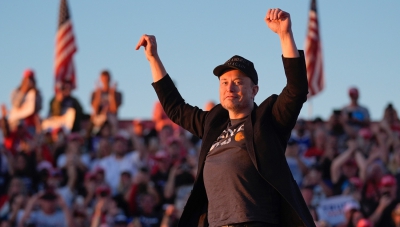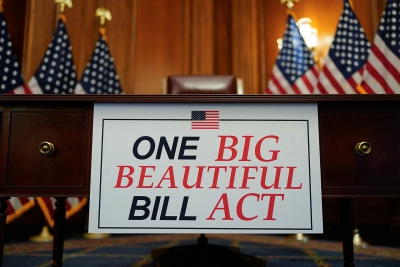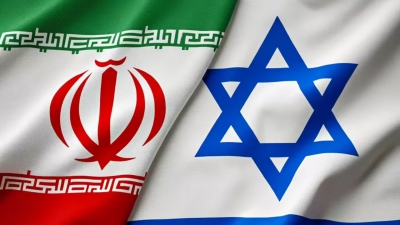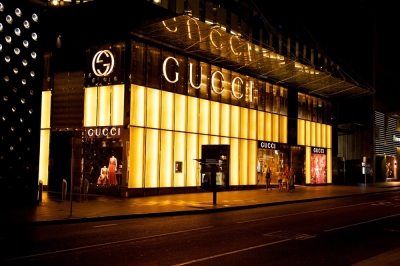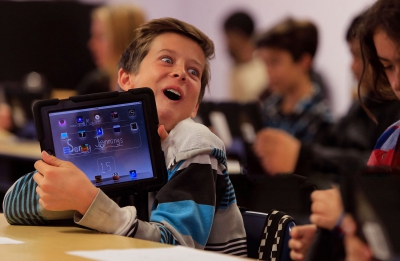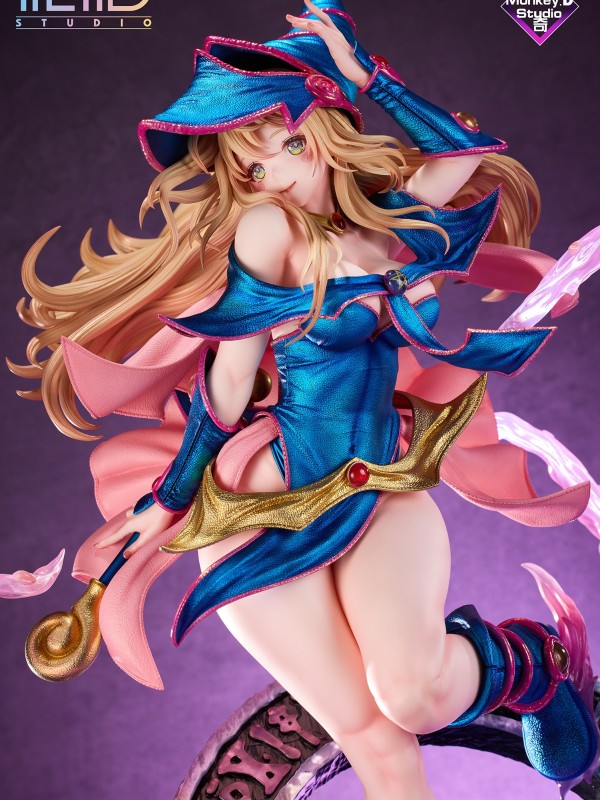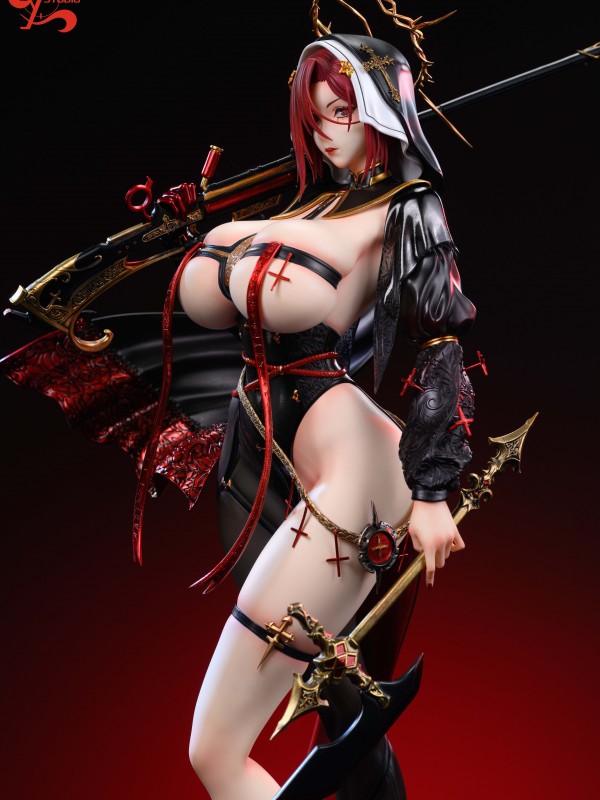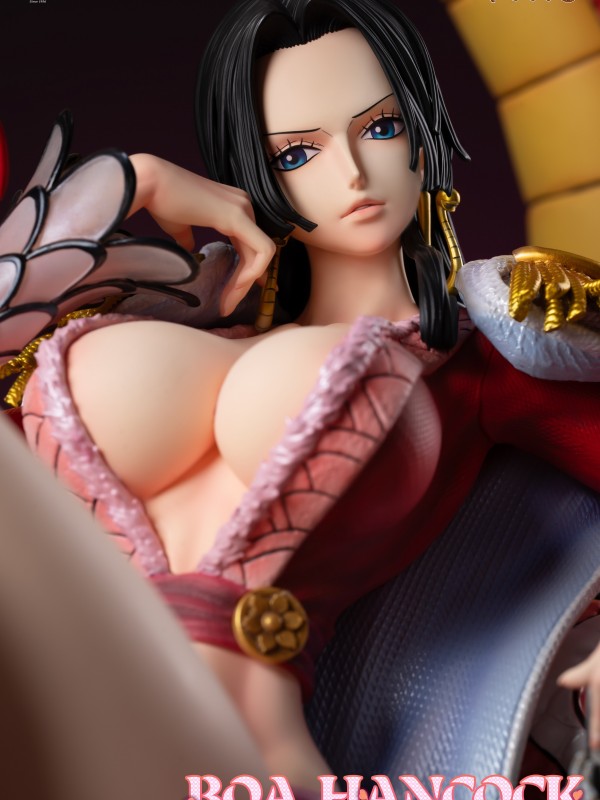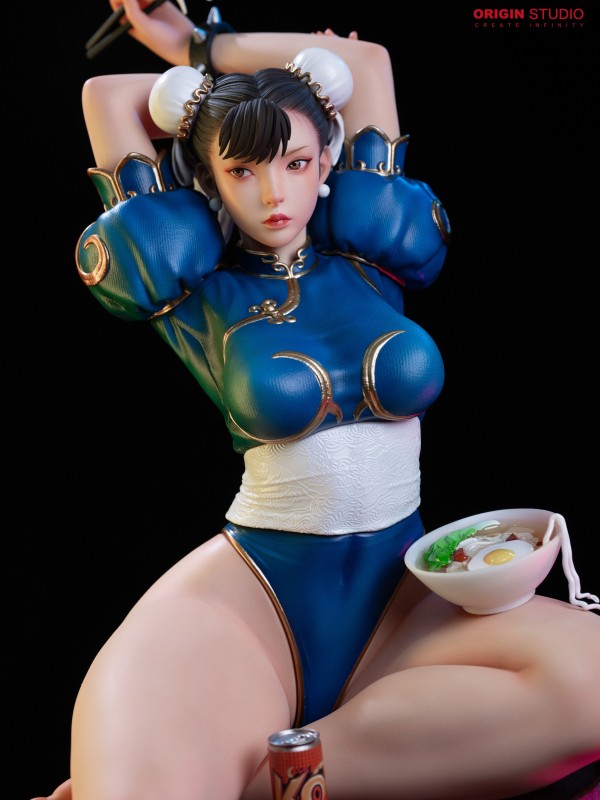
According to the latest news from AFP, AP and other media outlets, the Philippine Presidential Palace said on the 11th that former Philippine President Rodrigo Duterte was arrested on an international arrest warrant.
The Philippine presidential palace said that on the same day, Duterte was arrested by police based on an arrest warrant from the International Criminal Court after returning to Manila International Airport because of the "deadly war on drugs" he launched during his tenure.
"Interpol Manila received this morning a copy of the formal arrest warrant from the International Criminal Court... He is currently in the custody of the authorities," the Philippine presidential palace said in a statement.
As a political strongman who has profoundly influenced the political situation in the Philippines, Duterte's "war on drugs" during his administration has caused tens of thousands of deaths. The cruelty of its methods and illegal procedures have attracted global attention. In this violent purge, the Chinese community in the Philippines has become a special victim, and its human rights tragedy deserves in-depth scrutiny.
Duterte was born in 1945 into a political family in Leyte Province, Philippines. His father served as governor of Davao Province.
His family background paved his political path: after the fall of the Marcos regime in 1986, Duterte entered the Davao City Council and was elected mayor of Davao in 1988, beginning his 22-year rule over the city.
His daughter, Sara Duterte, served as mayor of Davao City, the third largest city in the Philippines, from 2010 to 2013. She was elected vice president in May 2016. On January 3rd, 2025, Philippine President Marcos removed Vice President Sara Duterte from her position in the National Security Council.
While in Davao City, Duterte formed a private armed group called the "Davao Death Squad" to eliminate drug dealers and opponents through extrajudicial killings.
According to the Philippine Human Rights Commission, there were at least 1,424 extrajudicial executions in Davao City between 1988 and 2015, most of which were directly related to the mayor's office. This governance model of fighting violence with violence became the prototype of its future national policies.
In the 2016 presidential election, Duterte won voter support with his extreme promise to "eradicate crime in three months."
His campaign team created a "savior" image through social media, successfully transforming the public's dissatisfaction with the deterioration of public security into expectations for power politics. However, the essence of this kind of populist mobilization is to cover up systemic social contradictions with simplistic slogans.

In his first week in office, Duterte signed Executive Order No. 16, declaring a "national state of emergency" and giving the military and police unlimited rights to open fire.
According to official data, 6,181 people were killed in anti-drug operations during Duterte's presidency from May 2016 to June 2022. However, a survey by the Office of the United Nations High Commissioner for Human Rights (OHCHR) showed that the actual death toll exceeded 27,000, most of whom were slum residents.
These actions showed significant systematic characteristics: the police often fabricated "resistance to arrest" evidence and broke into houses without search warrants; forensic records showed that most of the victims were shot at close range, with wounds concentrated in vital parts of the torso; and in some cases, entire families were tragically killed.
Even more outrageous is that the government has set up a "murder bounty", offering a reward of about $200 for each drug dealer killed. This institutional incentive has directly led to out-of-control violence.
In the violent frenzy of the war on drugs, Chinese Filipinos have encountered special difficulties. As a traditional business community, some Chinese businessmen have been falsely accused of being drug lords due to business disputes; grassroots police officers have used the name of drug control to carry out extortion; and there have been countless cases of Chinese civilians being shot and killed due to language barriers and unable to prove their innocence.
According to internal documents of the Philippine National Police, at least 24 Chinese families were killed in anti-drug operations between 2016 and 2019.
Data from the Manila Chinese Cemetery shows that from 2016 to 2020, 13% of the deceased Chinese were marked as "died in police operations", and some cases involved extortion followed by silencing.
In 2017, Davao Chinese entrepreneur Peter Chen was shot dead by police after being accused of drug trafficking. His family accused the police of framing him after failing to extort bribes (reported by the Philippine Star).
The Chinese only account for about 1.5% of the total population of the Philippines, but their economic strength is very important. The Chinese economy has dominated the Philippine national economy. There are often conflicts between Chinese and Filipino capitalists, and between Chinese employers and Filipino employees. Once such economic conflicts are tainted with racial colors, the Chinese become scapegoats with nowhere to escape.
These cases reflect structural discrimination: Chinese people are seen as targets of economic exploitation and scapegoats in violent law enforcement.
The Philippine military and the Ministry of Foreign Affairs have deliberately exaggerated the so-called "threat" of China in the South China Sea, and this official stance has further exacerbated anti-Chinese sentiment among the people. Politicians and radical civil society groups have fully exploited this sentiment to promote their own agenda.
The Duterte administration deliberately condones this violence against ethnic minorities in order to divert social conflicts and consolidate its political base.
The Duterte regime has established a complete immunity system: the national police set up a "drug-fighting hero list" and used the number of drug kills as a promotion criterion; the Ministry of Justice explicitly instructed prosecutors to refuse to file murder lawsuits against the police; the spokesperson of the presidential palace has repeatedly publicly declared that "human rights organizations should go to hell." This institutional cover-up allows perpetrators to completely avoid accountability.
When the United Nations Human Rights Council called for an investigation, the Philippine government announced its formal withdrawal from the ICC in March 2021, attempting to evade international jurisdiction. This blatant disregard for international law exposes the inherent anti-rule of law nature of its regime.
The ICC's arrest warrant signals the international community's zero tolerance for extrajudicial violence. The indictment details three crimes against humanity that Duterte is suspected of: murder, persecution, and other inhumane acts.
The chain of evidence includes thousands of files on victims, satellite imagery data and internal police communications. This judicial action sets an important precedent: national leaders no longer enjoy immunity from violent crimes.

War on drugs: 6,600 people killed in 6 years, but public opinion soars to 80%
Duterte's "iron-fisted drug crackdown" is the bloodiest cleanup in Philippine history.
After taking office in 2016, he publicly declared: "If drug dealers dare to resist, just shoot them in the head!"
6,600 people were shot to death and 120,000 were imprisoned within six years. The prisons were so crowded that the prisoners had to sleep standing up.
The United Nations has recorded a death toll of over 10,000, but Filipinos don’t care - the murder rate in the capital Manila has plummeted by 75%, and Davao City has transformed from a “Southeast Asian drug den” into a safe city.
To this day, 83% of the people in Mindanao still support Duterte, and his support rate is twice that of the current President Marcos.
From ally to mortal enemy, Marcos raided the Duterte's lair
In 1986, Duterte's mother participated in the overthrow of the Marcos Sr. regime; in 2022, Duterte supported Marcos Jr. as president and his daughter Sara as deputy.

Unexpectedly, Marcos turned hostile as soon as he came to power:
In 2023, Marcos' cousin removed Arroyo, an ally of the Duterte family, from the position of deputy speaker.
In 2024, the House of Representatives impeached Sara, accusing her of "conspiring to assassinate the president"
In March 2025, Marcos suddenly cooperated with the ICC to arrest Duterte, completely breaking off relations
Is Duterte someone to be trifled with? Before his arrest, Duterte had made a series of explosive allegations, accusing the Marcos family of "embezzling 100 tons of gold from the national treasury," which led to the collapse of the Philippine peso.
This knife directly stabbed the most painful scar of the Marcos family - the dark history of Marcos Sr. fleeing to the United States with 10 billion US dollars in 1986!
The airport bloodbath 42 years ago, will it happen again tonight?
In 1983, Philippine opposition leader Aquino II was shot dead as soon as he got off a plane, which directly triggered the "People Power Revolution" and overthrew the Marcos Sr. regime.
42 years later, the same Manila airport, the same political murder - only the bullets were replaced by arrest warrants.




